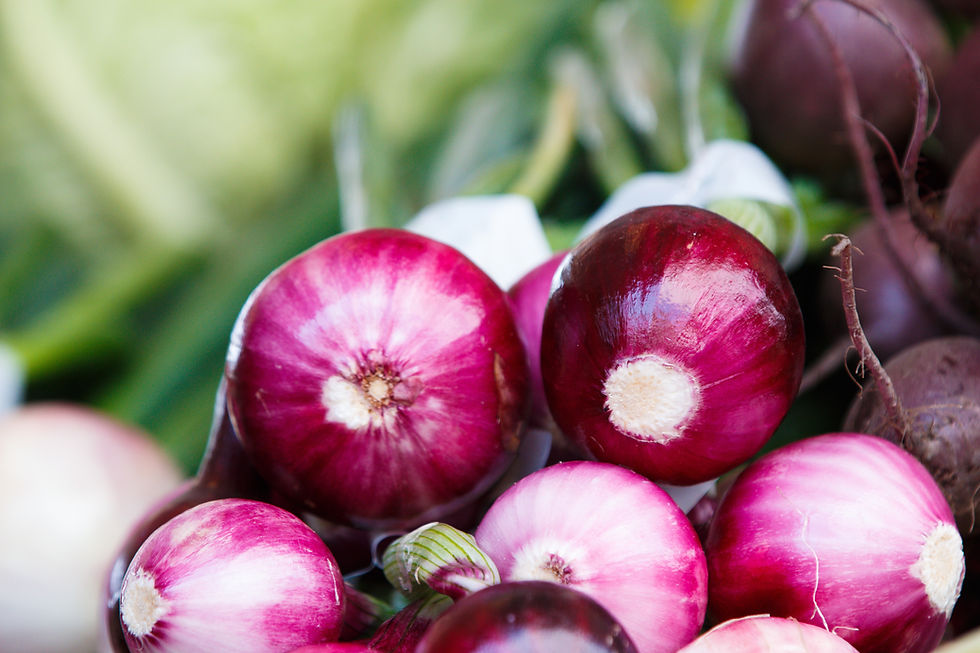Quercetin for inflammation, allergies and more
- Adam
- Jul 17, 2022
- 2 min read

What is Quercetin?
Quercetin (pronounced kwer-se-tin), found naturally in many fruits, vegetables, tea and red wine, is a powerful organic compound known as a flavonoid. Flavonoids are recognised for their ability to lower everyday damage caused to cells by stress and inflammation as well as boosting immunity. Take a look at what I think are the top 3 benefits of quercetin reducing chronic disease!
Inflammation & Allergies
There has been increasing research behind the quercetin’s actions. Quercetin has shown promise in the treatment of reducing inflammation associated with rheumatoid arthritis. It has also been proven to reduce histamine and inflammation associated with food and respiratory allergies.
Type 2 Diabetes
Numerous studies have also shown promise for quercetin in the treatment of type 2 diabetes due to its ability to reduce blood sugars as well as increasing insulin sensitivity. This research also highlights quercetin’s capacity to reduce diabetic neuropathy, liver damage and kidney disease.
Cardio-vascular disease
Animal studies have shown that quercetin reduces systolic blood pressure, and improves the action of the drug amlodipine in protecting cardiac tissue damaged by heart failure. Even more promising was a double-blind placebo controlled study (the “gold” research standard) reduced both systolic & diastolic blood pressure in overweight people.
Where do we get Quercetin from?

Some of the best-known foods with quercetin include curcumin (from turmeric), green tea, cocoa, dark berries, apples & olives. Quercetin can also be found in the herbs ginko biloba and St John’s wort. Interestingly, the food that has the highest bioavailability of quercetin is red onions! Hold on though, before you start eating onion sandwiches. It’s important to note, that just because a food is high in quercetin, doesn’t mean it’s easily absorbed. Many factors impact how well quercetin is absorbed and therefore how available it is for your body to use. This is called bioavailability and is determined by the concentration of quercetin in the food you’re eating, what you’re eating with it, inflammation of the digestive tract, medications and your age. Because of the poor bioavailability of quercetin, for a consistent intake and absorption, a high quality supplement may be beneficial.

Chinese Medicine and Quercetin
The Chinese medicine herb, Shan Zha (Crataegus pinnatifida) also known as hawthorn berry has been used for centuries to aid with digestion and more recently has been shown to reduce cholesterol and have promising anti-diabetic effects. This tart dried fruit can be added to teas, porridge and congee.
Interactions
Quercetin supplements may reduce the effectiveness of iron supplements, some antibiotics, and certain thyroid medications. It’s always important to double check with your healthcare provider if you’re unsure.
If you’d like to know more about how Quercetin might add to your health & wellbeing, book a consult talk to me in the clinic and we’ll discuss if adding this amazing flavonoid to your regime is right for you!







Comments